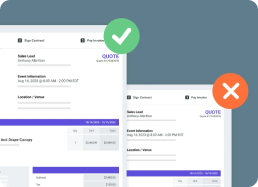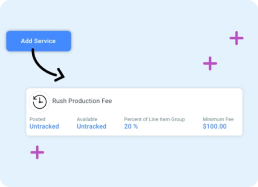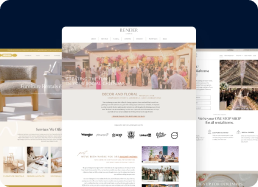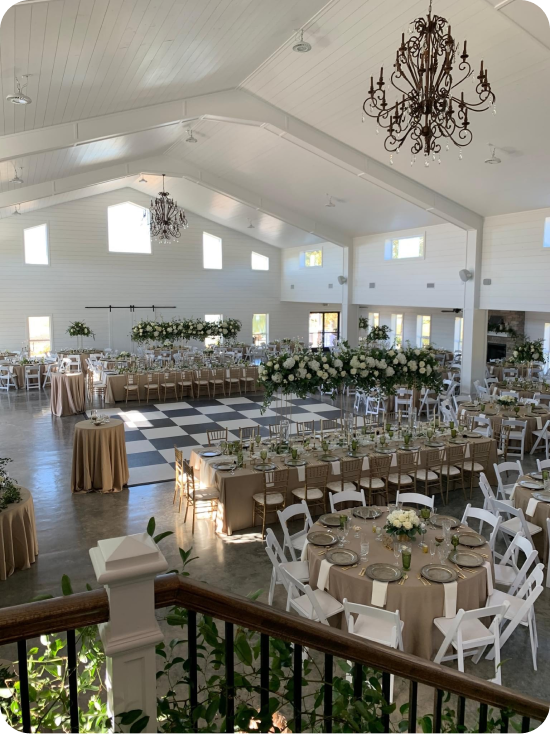Ask yourself these questions when deciding whether or not to take on a last-minute booking.
Hi y’all,
Welcome back to Busy Season, your guide to the hot takes, pro tips, and real stories sweeping the events industry.
This week I’m talking about last-minute bookings. When should you say yes to them? And how do you keep your team on track during the chaos of a last-minute event? Let’s discuss.
We’ve all gotten that dreaded email from a client late at night…

It happens to us all, and doesn’t it always seem to happen during especially busy seasons?
Whether you’re a one-person show or have a big team, the rules of navigating last-minute bookings are generally the same in my opinion. (I’ll use the word “team” below, but if you’re a solopreneur wearing dozens of hats, this applies to you too!)
There are two basic questions you need to answer:
- Does my team have the capacity to take on this event?
- Will the event be profitable enough to justify the extra hassle?
Note: In my experience, it’s really hard to answer these questions without standard operating procedures (SOPs) in place. So if you don’t have a handle on those, start there and come back to this email. A realistic idea of your team’s capacity is critical because last-minute bookings affect everything from timelines for other events to overtime payments for employees.
If you’ve got solid SOPs in place to handle your day-to-day and your answer to both of the above questions is Yes, then go for the gig and make sure you charge a rush fee!
If it’s No to both, then say no to the job. With a desire to do right by our clients, we can extend ourselves and our wallets beyond what’s reasonable. Doing this over and over again will drain your spirit and revenue from your business. And in my experience, this is the most common scenario that leads to burnout.
The tricky part is when you answer Yes to one question but No to the other.

If you land in one of the “Maybe” quadrants, ask yourself:
- What does the business gain by taking on this event? The benchmark for this needs to be more than just being helpful to a client in need.
- Will doing this job build or destroy a relationship? If you are already at capacity, deliverables for other clients will surely be impacted.
- Does this client have repeat business potential (to offset less profit in the short-term)? If you answer No to the profitability question, but this is a client you can build a long-term business relationship with, then you might consider taking the job. But if this is a one-off gig that doesn’t offer any further client opportunities, I’d be less inclined to take on the extra work.
- Can any part of this job be outsourced (to overcome low team capacity)? One of my favorite things about the events industry is our capacity to help one another. If you can’t take on this client, do you have someone in your network that could?
How does the old saying go? “Poor planning on your part does not constitute an emergency on mine.” Remember that before taking on more than your business can handle.
Also remember that how you say no should align with your normal communication style. That’ll probably take a little practice if your clients aren’t in the habit of hearing ‘no’ from you.
I really like these 9 tips from Hubspot on a specific framework to use when communicating the ‘no’. Of course you can adapt it to your own style and skip the steps that don’t make sense for your clientele, but generally speaking it’s a good starting point.
Always here to help practice saying ‘no’ so if you’d like!
See you next Tuesday,
Mallory Mullen
Goodshuffle











